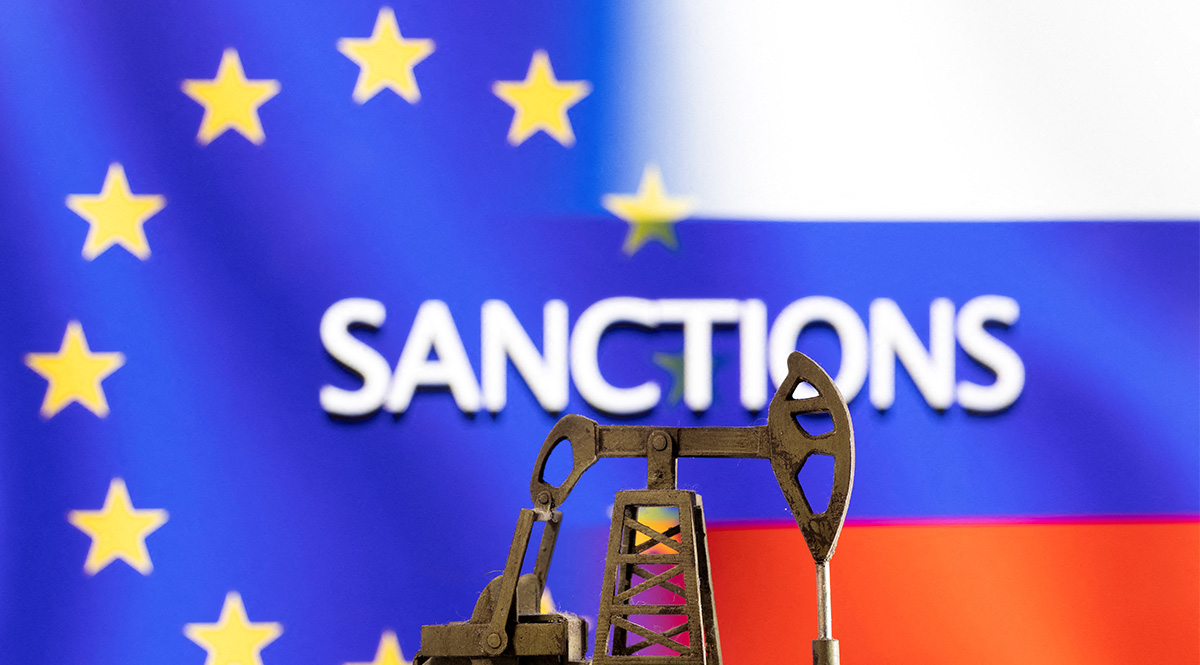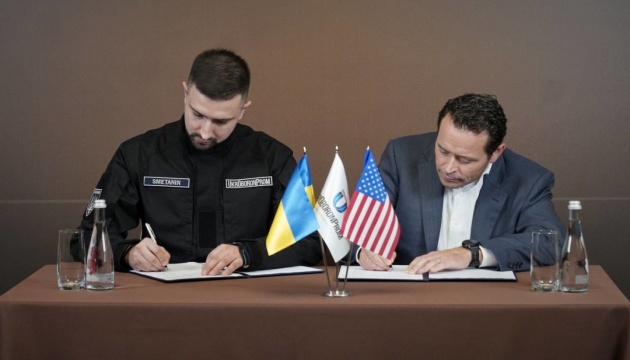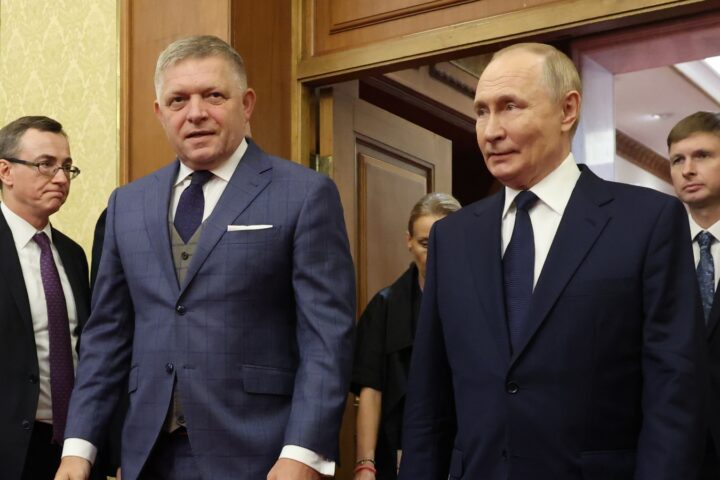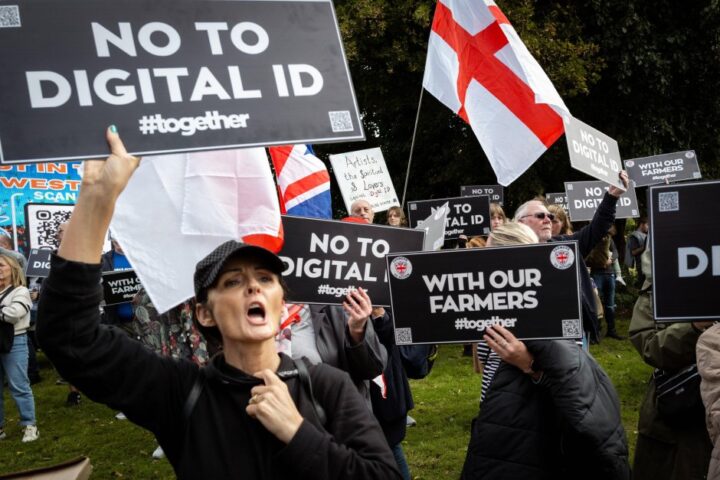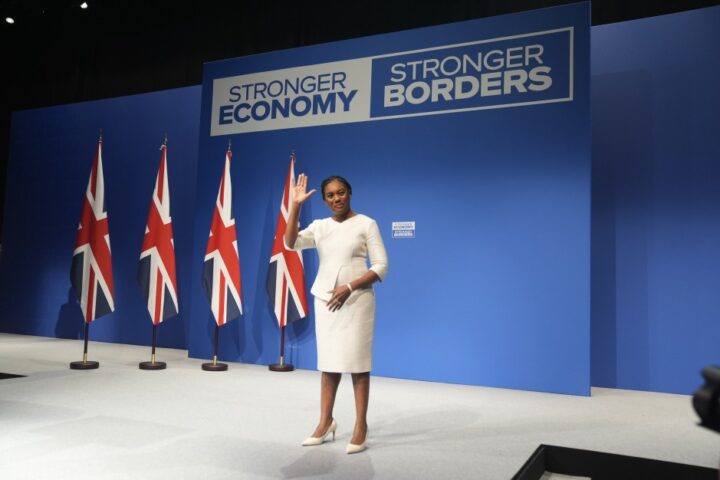Eighteenth sanctions package targets Russian oil fleet and military supply chains
On July 18, the European Union formally approved its 18th package of sanctions against Russia, marking one of the most severe rounds of punitive measures since the start of the full-scale invasion of Ukraine in 2022. This latest package is explicitly designed to undermine the Kremlin’s military financing by striking key nodes in its energy exports and defence industry supply chains.
The new measures expand the EU’s crackdown on Russia’s so-called “shadow fleet” by sanctioning 105 vessels used to bypass restrictions on oil exports. Two trading firms and an Indian refinery — partially owned by Russian oil giant Rosneft — are also included in the blacklist. These steps aim to tighten enforcement of the oil price cap and cut into revenues that directly support Moscow’s war effort.
Crackdown includes global suppliers, pipeline shutdowns and tougher price caps
For the first time, the EU’s restrictive measures have been extended to include non-Russian entities supplying the Russian military-industrial complex. Several companies based in China have been sanctioned for their role in facilitating dual-use goods shipments to Russia. The move signals a growing willingness in Brussels to target third-country actors that enable circumvention of existing export controls.
The package also enshrines new energy restrictions. Effective immediately, both Nord Stream 1 and Nord Stream 2 pipelines — long suspended — are now permanently barred from operation under any conditions. This legal move eliminates the possibility of their future revival and reinforces Europe’s strategic pivot away from Russian gas dependency.
In parallel, the EU has revised the oil price cap for Russian crude exports, lowering it from $60 to $47.60 per barrel, with a mechanism allowing further reductions every six months. The revised threshold reflects both market dynamics and geopolitical calculations aimed at constraining Russia’s fiscal flexibility.
Brussels reinforces long-term commitment to Ukraine’s defence
The latest sanctions package underscores the EU’s strategic intent to maintain pressure on Moscow and reduce the financial capacity that fuels its war against Ukraine. By widening the scope of targets and closing existing loopholes, Brussels is signalling its resolve to align economic measures with long-term security objectives.
While enforcement remains a persistent challenge, the depth and breadth of the 18th package indicate a shift toward more aggressive and durable sanctions architecture. EU officials maintain that sustained international pressure is essential to ending Russia’s aggression and restoring stability in Europe.
